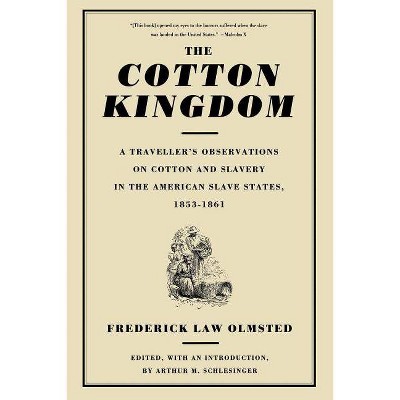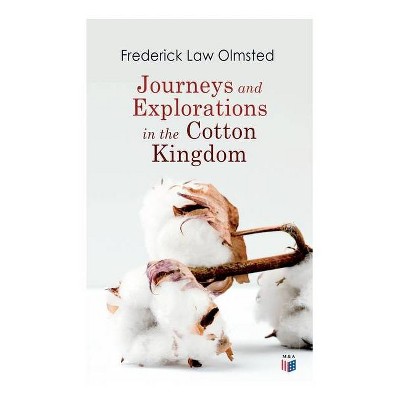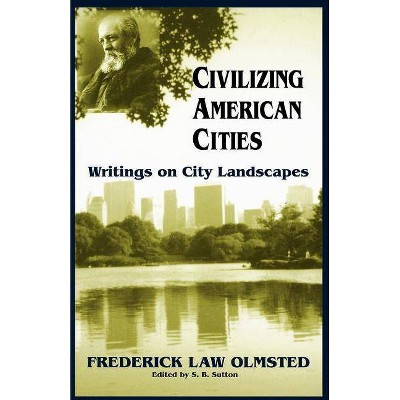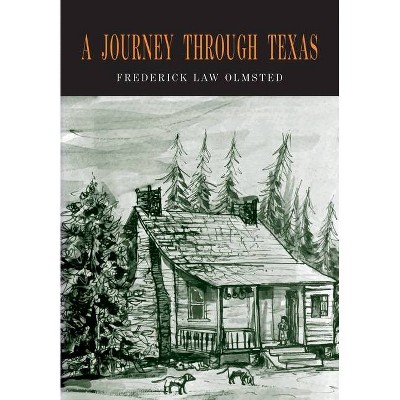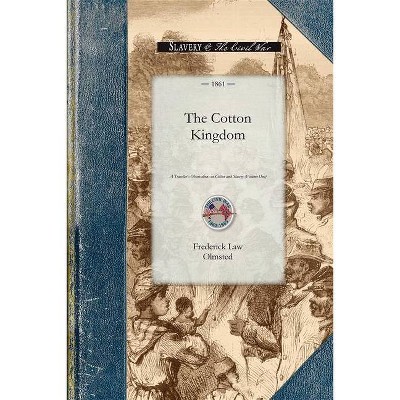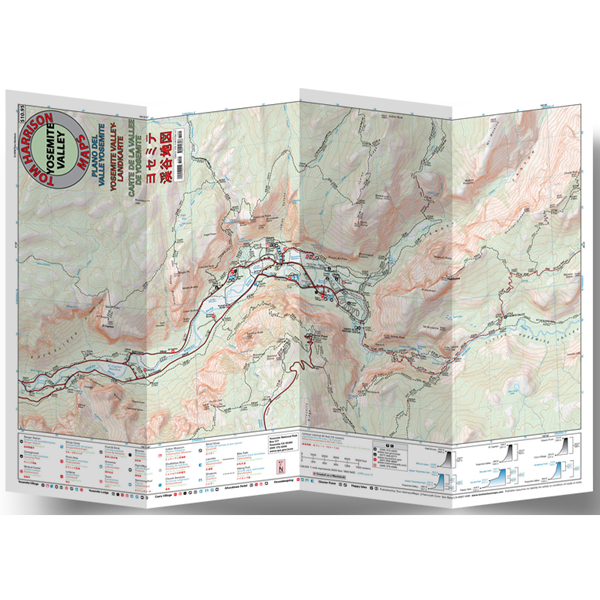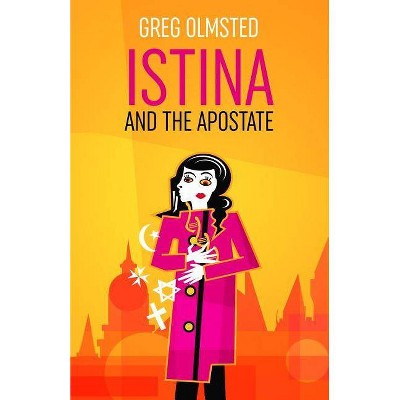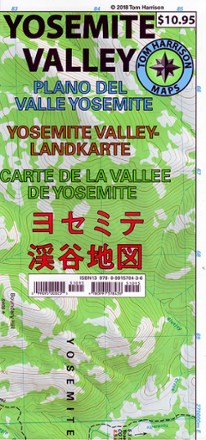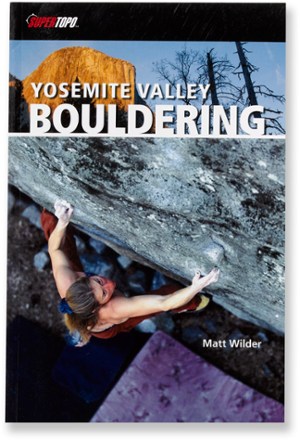The Yosemite Valley and the Mariposa Grove of Big Trees - by Frederick Law Olmsted (Paperback)
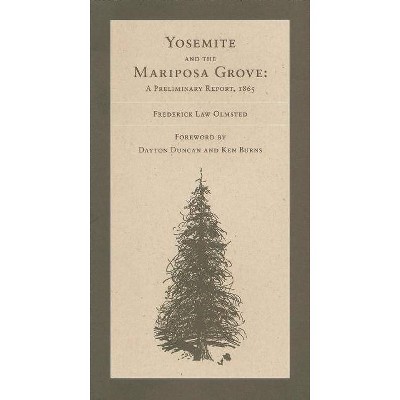
Similar Products
Products of same category from the store
AllProduct info
<p/><br></br><p><b> About the Book </b></p></br></br>When Ken Burns and Dayton Duncan visited Yosemite National Park, they both called out Fredrick Law Olmsted as a major influence and inspiration for their documentary film, "The National Parks: America's Best Idea." To celebrate Mr. Olmsted and his contributions to our National Parks, the Yosemite Conservancy, in partnership with Heyday Books, has reprinted "Yosemite and the Mariposa Grove: A Preliminary Report, 1865" with a new foreword by Dayton Duncan and Ken Burns. This seminal book is a must read for anyone interested in the National Parks and our public lands. The first eloquent expression of the need for conservation in 1865 is found in this remarkable and prescient report by Frederick Law Olmsted. No statement since has been so cogent or powerful. Pristine natural landscapes, Olmsted observed, provide people with "refreshing rest and re-invigoration." They are good - perhaps essential - for the soul. Which is why, he noted, that from time immemorial they have most often become the exclusive domain of any society's most privileged classes, "a monopoly, in a very peculiar manner, of a very few, very rich people." Olmsted believed a great democracy had a greater obligation: "to provide means of protection for all its citizens in the pursuit of happiness." That meant, he argued, that "the establishment by government of great public grounds for the free enjoyment of the people . . . is thus justified and enforced as a political duty." Olmsted gave additional reasons for creating public parks, including that they are undeniably good for the local, state, and national economy because of the tourist business they engender. His report also included practical advice about building roads and shelters, as well as instituting regulations to zealously protect the "dignity of the scenery." All of his points are as pertinent today as they were when he first read them to his fellow Yosemite commissioners nearly 150 years ago. But in deliberately borrowing from our nation's founding document, which proclaims that the "pursuit of happiness" is among the inalienable rights of every human being, and in attaching that notion to why Yosemite (or any other future park) should not be allowed to become "a rich man's park," Olmsted infused the national park idea with its most enduring principle."<p/><br></br><p><b> Book Synopsis </b></p></br></br>When Ken Burns and Dayton Duncan visited Yosemite National Park, they both called out Fredrick Law Olmsted as a major influence and inspiration for their documentary film, The National Parks: America's Best Idea. To celebrate Mr. Olmsted and his contributions to our National Parks, the Yosemite Conservancy, in partnership with Heyday Books, has reprinted "Yosemite and the Mariposa Grove: A Preliminary Report, 1865" with a new foreword by Dayton Duncan and Ken Burns. This seminal book is a must read for anyone interested in the National Parks and our public lands. The first eloquent expression of the need for conservation in 1865 is found in this remarkable and prescient report by Frederick Law Olmsted. No statement since has been so cogent or powerful. Pristine natural landscapes, Olmsted observed, provide people with "refreshing rest and re-invigoration." They are good - perhaps essential - for the soul. Which is why, he noted, that from time immemorial they have most often become the exclusive domain of any society's most privileged classes, "a monopoly, in a very peculiar manner, of a very few, very rich people." Olmsted believed a great democracy had a greater obligation: "to provide means of protection for all its citizens in the pursuit of happiness." That meant, he argued, that "the establishment by government of great public grounds for the free enjoyment of the people . . . is thus justified and enforced as a political duty." Olmsted gave additional reasons for creating public parks, including that they are undeniably good for the local, state, and national economy because of the tourist business they engender. His report also included practical advice about building roads and shelters, as well as instituting regulations to zealously protect the "dignity of the scenery." All of his points are as pertinent today as they were when he first read them to his fellow Yosemite commissioners nearly 150 years ago. But in deliberately borrowing from our nation's founding document, which proclaims that the "pursuit of happiness" is among the inalienable rights of every human being, and in attaching that notion to why Yosemite (or any other future park) should not be allowed to become "a rich man's park," Olmsted infused the national park idea with its most enduring principle."
Price History
Cheapest price in the interval: 8.99 on October 27, 2021
Most expensive price in the interval: 8.99 on November 8, 2021
Price Archive shows prices from various stores, lets you see history and find the cheapest. There is no actual sale on the website. For all support, inquiry and suggestion messagescommunication@pricearchive.us
